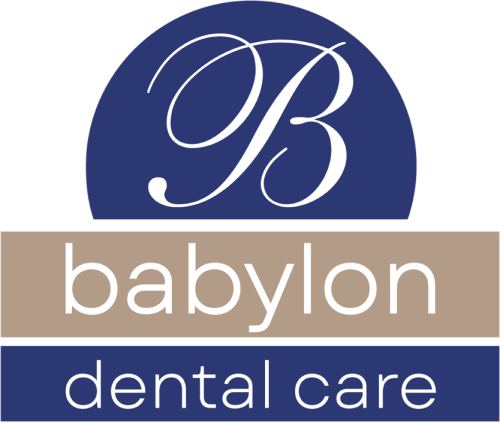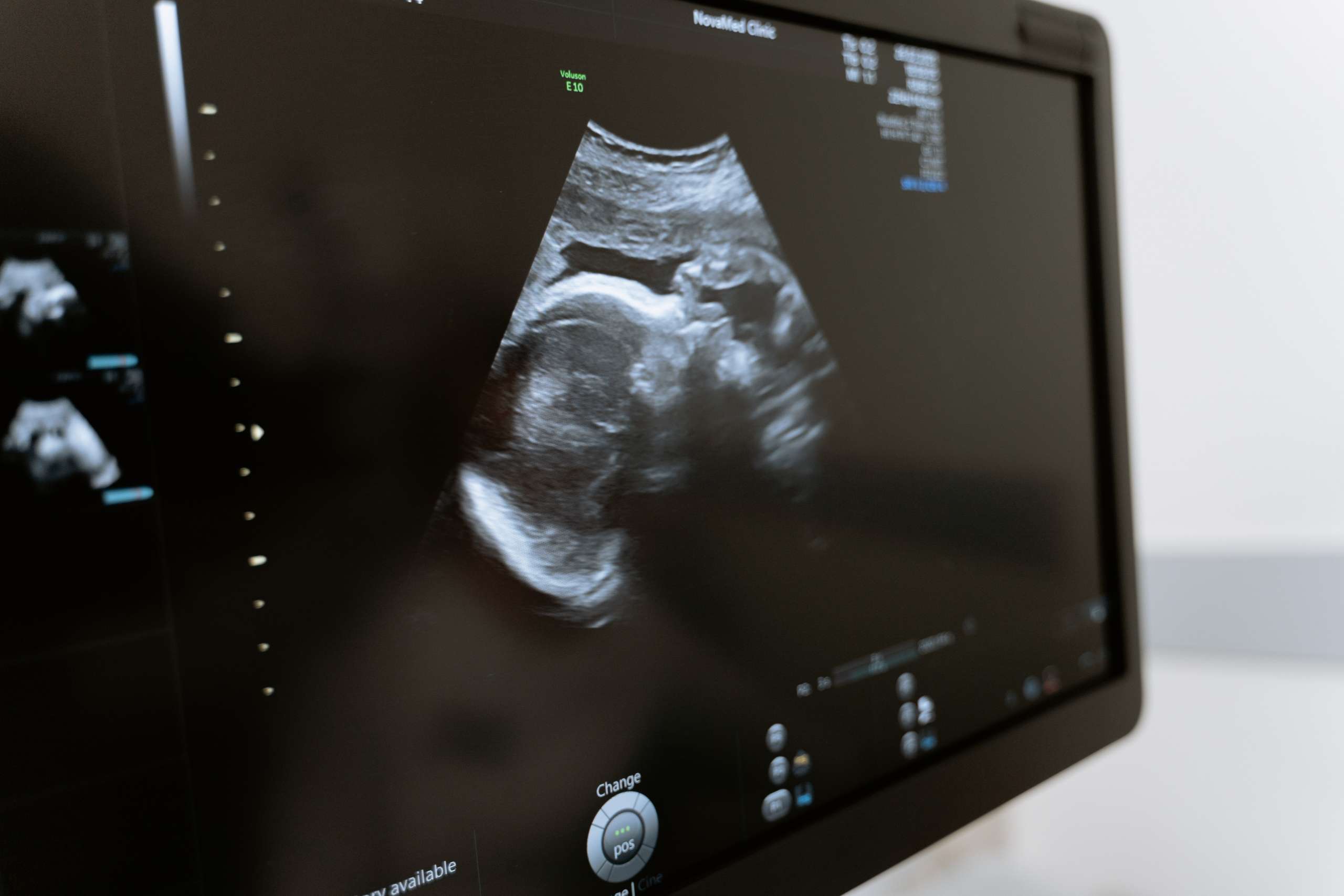Expecting mothers will commonly ask us if it’s okay to get dental care during pregnancy. The answer is a resounding yes. In this post, we’ll explain how pregnancy affects oral health and what you can do to protect your teeth during this life stage.
Oral Health Considerations During Pregnancy
When you visit your dentist while pregnant, they will examine you and advise about the following:
- Decay from food – “Pregnancy cravings” develop in the first trimester and continue into the second. Sweet or starchy foods, rich in carbohydrates, are commonly the subject of cravings. Oral bacteria feed on the sugar in these foods, forming plaque that could lead to decay.
- Decay from stomach acid – Morning sickness is an unpleasant occurrence during pregnancy, and researchers estimate that 70% of pregnant women in the US go through it at least once. After an attack of morning sickness, a higher concentration of stomach acid remains in the mouth, leading to decay.
- Gum inflammation and bleeding (gingivitis) – Pregnancy hormones boost blood flow to the gum tissue. This can lead to swollen, tender, or bleeding gums.
- Pregnancy tumors – Sometimes, localized pockets of swelling called “pregnancy tumors” can develop in the gum area. Despite the name, they are not cancerous.
- Periodontitis – Periodontal disease during pregnancy may pose severe risks if left untreated. Researchers have found connections between periodontitis and preeclampsia, a condition that could cause seizures in the mother or a premature birth for the child.
Dental Procedure Considerations During Pregnancy
Before you have a procedure or treatment during pregnancy, your dentist will carefully assess your needs. Some considerations we make include:
- The trimester you’re in – Many dentists recommend pregnant patients book appointments during their second trimester. We recommend delaying cosmetic procedures until after your child is born. Dental emergencies, however, should still be seen right away.
- X-rays – Today’s dental X-rays are safe, but they may still pose a radiation risk to your baby. We will take additional precautions to protect each of you during pregnancy.
- Local anesthesia – We commonly use local anesthetics such as lidocaine or novocaine to numb the mouth before dental procedures. The most commonly-used anesthetics are safe for pregnant patients and do not leave the treatment area.
- Sedation – Conscious sedation improves patient comfort and can ease dental fears. However, sedative medications can reach an unborn child through the placenta and cause adverse effects for them. Even “safer” sedatives like nitrous oxide can pose some risks to a fetus. Your dentist should work with you to determine the safest way to perform these procedures, including delaying them if possible.
Oral Hygiene During Pregnancy
You can and should keep your regular brushing and flossing routine during pregnancy. This is for your oral health and your baby’s safety. If an infection spawns from oral bacteria, it could lead to complications such as premature birth.
Schedule a Checkup Today
At Babylon Dental Care, our team is here to accommodate your oral health needs during pregnancy. Contact us today at (631) 983-6665 for a cleaning and examination appointment.


